A recent discovery of a 1.6 billion year old plant fossil from India has led to a reassessment by scientists of timelines in the evolution of life on Earth. The plant fossils appear like red algae and may signify the earliest-known plants when earth was very much a barren land. They were excavated from phosphate-rich sedimentary rocks from Chitrakoot in Central India making the country the oldest known habitat for plants or the first habitat of any plant life..whichever way you want to look at it.
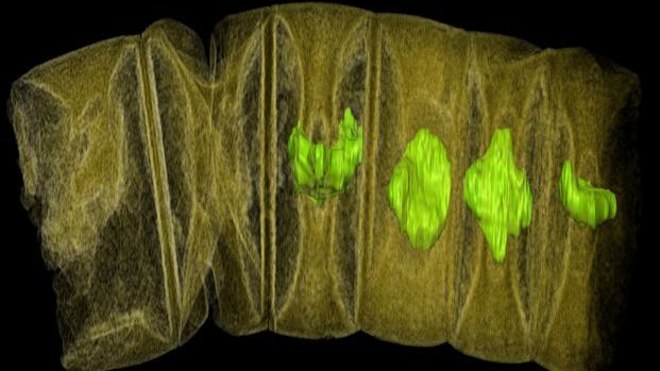
The researchers described the tiny, multicellular fossils as two types of red algae – one was thread-like and the other was bulbous. They were found in a shallow marine environment alongside mats of bacteria. The oldest known plant fossils were 1.2 billion year old red algae from the Canadian Arctic, until this discovery.
According to a research paper published in the journal PLOS biology, these plant fossils were analysed using an x-ray tomographic picture and tinted to show detail; revealing that these fossils from Central India may represent the oldest-known plants on Earth, dating from 1.6 billion years ago.
Read More: Sea Sponges Were The First Animals On Earth, Find Scientists
Research also shows that cellular structures conserved in the fossils and their general shape match red algae, a primitive kind of plant that presently thrives in marine setting such as coral reefs, but also can be found in freshwater environments. Those familiar with Japanese cuisine may be aware that Nori, a type of red algae, is a common sushi ingredient.
Swedish Museum of Natural History geobiologist Therese Sallstedt, who led the study in lighter vein remarked that it would have been possible to have sushi 1.6 billion years ago.
Read More: Lemur Like Primate Fossil Discovered In Jammu & Kashmir
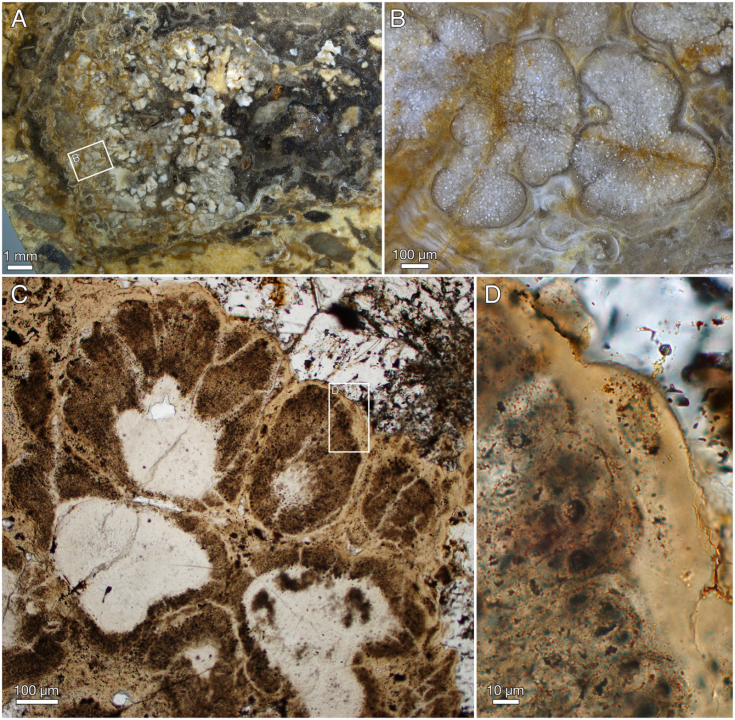
Evolution significance
This finding has a lot of significance on the study of evolution. Our planet Earth came into existence about 4.5 billion years ago and there is evidence to indicate that the first life form appeared in the form of marine bacteria approximately 3.7 to 4.2 billion years ago. Plants and animals appeared later in the ancient seas.
“Plants have a key role for life on Earth, and we show here that they were considerably older than what we knew, which has a ripple effect on our appreciation of when advanced life forms appeared on the evolutionary scene,” Sallstedt said.
These fossils were found in phosphate-rich sedimentary rocks in Chitrakoot. Of the two types of fossils, the thread-like fossils had internal cellular features that included structures that appeared to be a part of the machinery of photosynthesis, the process used by plants to convert sunlight into food and energy.
Photosynthesis produces oxygen as a byproduct and thus the evolution of plants helped build the atmosphere’s oxygen content.
Co-author of the study Stefan Bengtson, a paleobiologist at Swedish Museum of Natural History explains that during that period, Earth’s land surface was largely barren, life was mainly microbial and atmospheric oxygen was at 1-10 per cent of current levels.
The fossils are the oldest-known advanced multicellular organisms in the broad category called eukaryotes that includes plants, fungi and animals, showing that complex life flourished much earlier than previously assumed, the researchers said.
Read More: Tracing Evolutionary History Of Asian Horned Frogs With Fossil Records


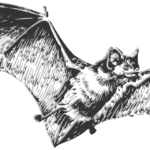
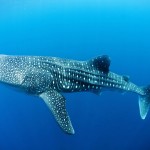

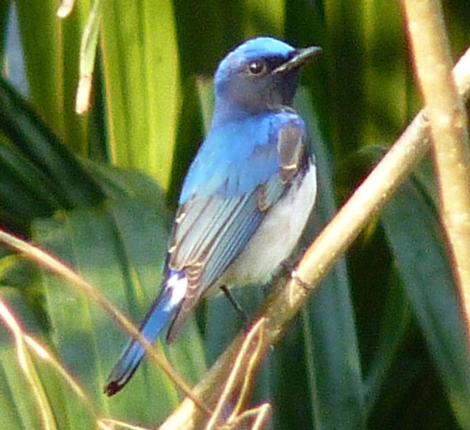
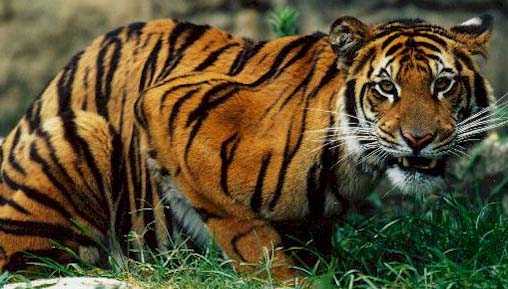
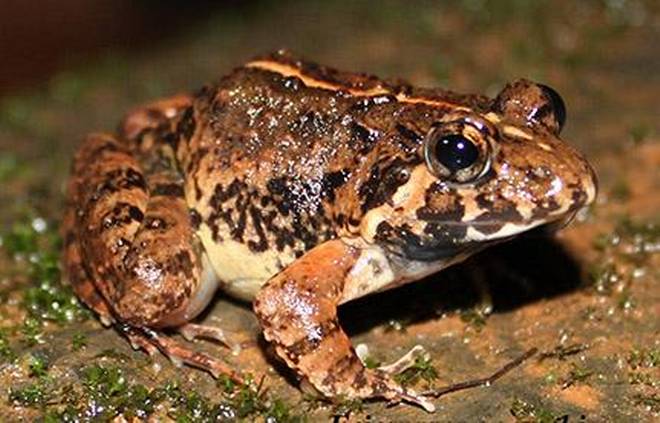
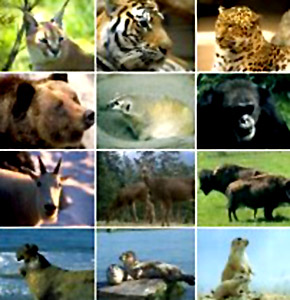
One thought on “World’s Oldest Plant Fossil Discovered In India”